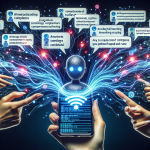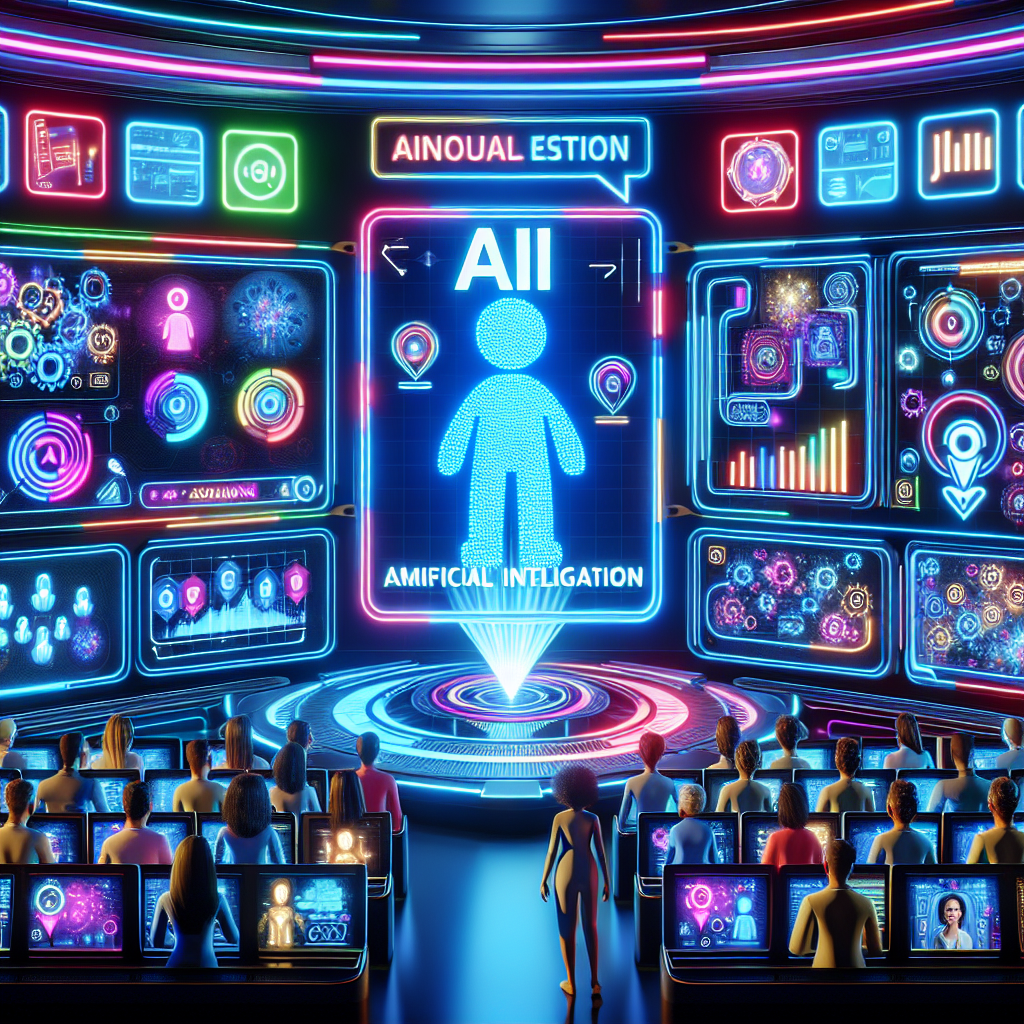Introduction to AI-Based Gamification in Marketing
In today’s competitive digital landscape, brands must constantly explore innovative strategies to engage customers and increase retention. One such powerful strategy is AI-based gamification—a fusion of artificial intelligence (AI) and game mechanics to enhance user experiences and drive customer behavior. By incorporating elements like rewards, points, and challenges powered by intelligent algorithms, marketers can create more personalized, engaging, and effective campaigns.
What is AI-Based Gamification?
AI-based gamification refers to the integration of AI technologies in game-like elements to capture user interest and encourage participation in marketing activities. Unlike traditional gamification, which applies fixed game mechanics, AI introduces adaptability, tailored interactions, and data-driven decision-making. This allows marketers to provide hyper-personalized experiences that evolve with user preferences and behaviors.
Key Components of AI-Based Gamification
- Personalization: AI algorithms analyze user data to tailor gamified experiences such as customized challenges or rewards based on individual preferences.
- Predictive Analytics: Machine learning models anticipate user behavior, enabling dynamic adjustments to game mechanics that keep users engaged.
- Real-time Feedback: AI enables instant responses to customer actions, maintaining engagement and maximizing the effectiveness of game elements.
- Behavior Tracking: Advanced analytics track user interactions continuously, helping refine gamification strategies over time.
Benefits of AI-Based Gamification in Marketing
AI-driven gamification offers several distinct advantages for marketers:
- Enhanced Customer Engagement: Game elements, when combined with personalization, create immersive experiences that encourage longer interactions with brand platforms.
- Improved Conversion Rates: Motivational tactics like goal achievements, progress tracking, and instant gratification push users toward specific marketing objectives.
- Increased Customer Loyalty: Reward systems encourage repeat behavior and build long-term brand affinity.
- Deeper Customer Insights: AI collects and processes behavioral data from users’ interactions, offering valuable insights for refining campaigns.
Real-World Applications
Businesses across various industries are already leveraging AI-based gamification to impactful effect:
- Retail: E-commerce platforms use AI to recommend personalized product scavenger hunts or quizzes offering discount rewards.
- Fitness & Health: Apps like Fitbit integrate AI-driven goal-setting games tailored to users’ activity patterns.
- Financial Services: Banks gamify financial education using AI to adjust game content based on customer profiles and spending habits.
- Loyalty Programs: Airline and hospitality brands employ AI to personalize reward paths and travel challenges, increasing customer retention.
Challenges and Ethical Considerations
Despite its potential, AI-based gamification comes with certain challenges:
- Data Privacy: Collecting and analyzing behavioral data must comply with data protection laws like GDPR and CCPA.
- User Fatigue: Poorly designed gamification may lead to disinterest or frustration if not tailored properly by AI models.
- Ethical Manipulation: AI’s ability to influence user behavior raises concerns about manipulation and the responsible use of persuasive design.
Future Trends
AI-based gamification is set to evolve further with advancements such as:
- Augmented Reality (AR) Integration: Immersive experiences that combine AI-driven personalization and real-world environments.
- Emotional AI: Systems that detect user emotions to adapt gamified content in real-time.
- Cross-Platform Continuity: Seamless gamification experiences across devices and channels powered by unified AI models.
Conclusion
AI-based gamification is revolutionizing how marketers connect with audiences. By combining the intelligence of AI with the engagement power of game mechanics, brands can craft compelling experiences that drive customer behavior, loyalty, and growth. As technology continues to advance, the integration of ethical, responsible gamification strategies driven by AI will become a cornerstone of successful digital marketing.






